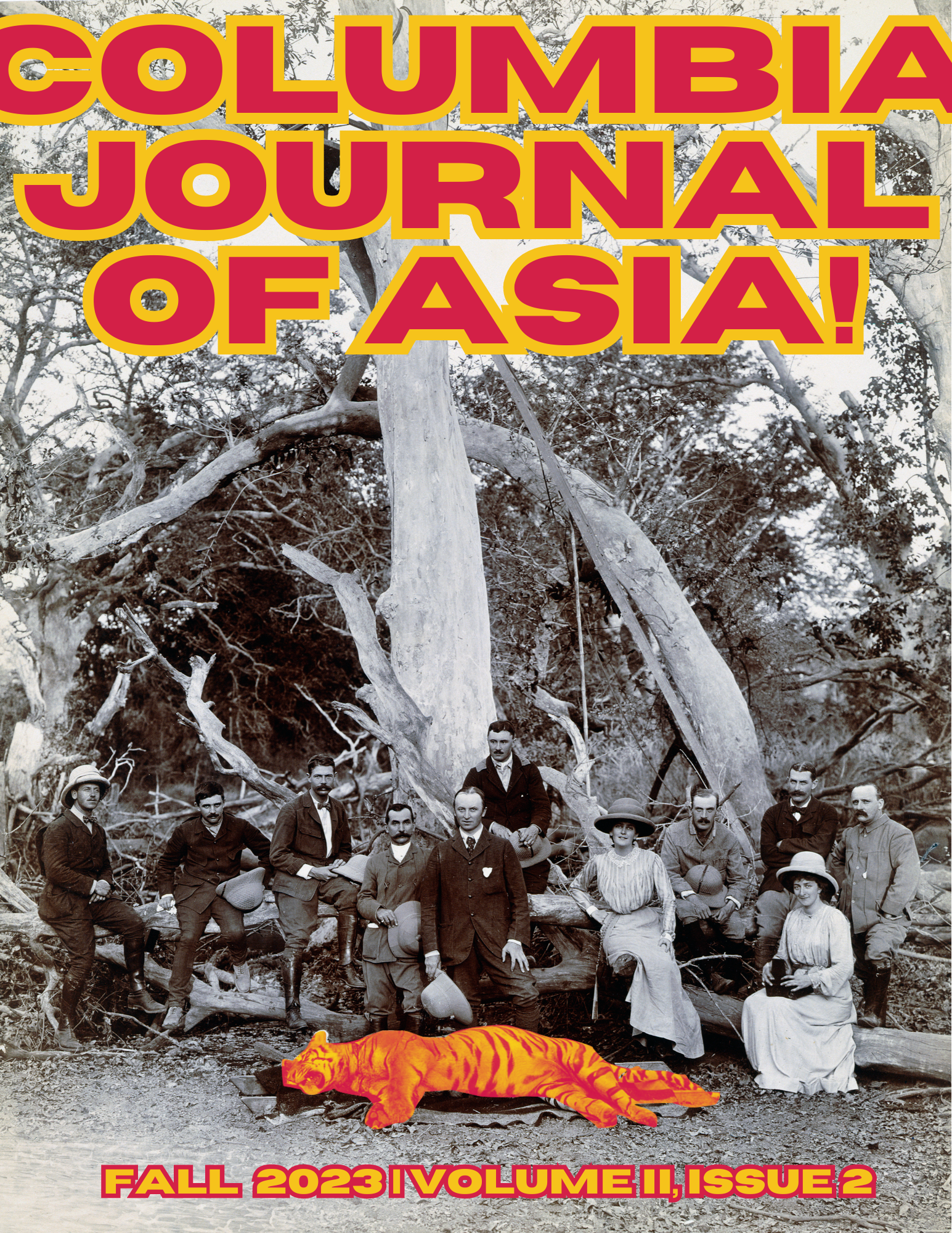Abstract
This paper argues that Fanon’s critique of colonisation and Ambedkar’s evaluation of the caste system share similarities because they collectively present a psycho-social understanding of the oppressed human condition. Both Fanon and Ambedkar argue that colonial and caste oppression has introduced a loss of cultural legacy, identity and capacity for self-determination. This loss is imprinted so deeply in the minds of the colonised and stakeholders of the caste system that a new species with a different social, political and economic consciousness is needed to transform and facilitate the formation of radical new social beliefs. For such a decolonisation of the mind to occur, Fanon proposes that violence—the capacity to resist and question—is fundamental, which I argue is also the foundation of Ambedkar’s solution to annihilate caste. However, violence in terms of Fanon and Ambedkar does not translate to physical harm. It is the intellectual capacity and desire for self-reflection that ruptures existing hierarchical power structures and renews the meaning of being human in democratic civilisations.

